- James Coles masterclass sends Sunrisers Eastern Cape into fourth straight SA20 final Times of India
- Sunrisers Eastern Cape vs Paarl Royals, Qualifier 2, SA20, 2025-26 – Live Cricket Score, Commentary Cricbuzz.com
- Sunrisers beat Royals, Sunrisers…
Category: 4. Sports
-
James Coles masterclass sends Sunrisers Eastern Cape into fourth straight SA20 final – Times of India
-
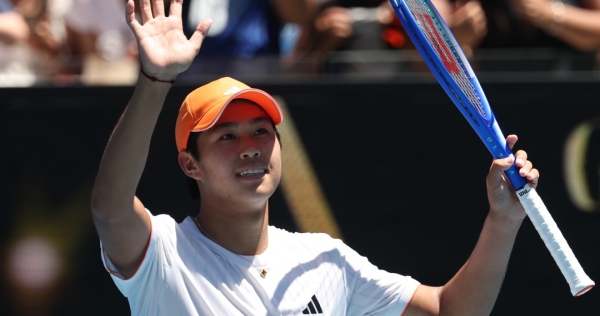
Learner leaning in to the big stage – Australian Open
- Learner leaning in to the big stage Australian Open
- Daniil Medvedev makes brutal confession ahead of facing Learner Tien Lob and Smash
- Australian Open R4 previews and predictions: Medvedev vs. Tien, Zverev vs. Cerundolo The Grandstand
- Thiem will…
Continue Reading
-
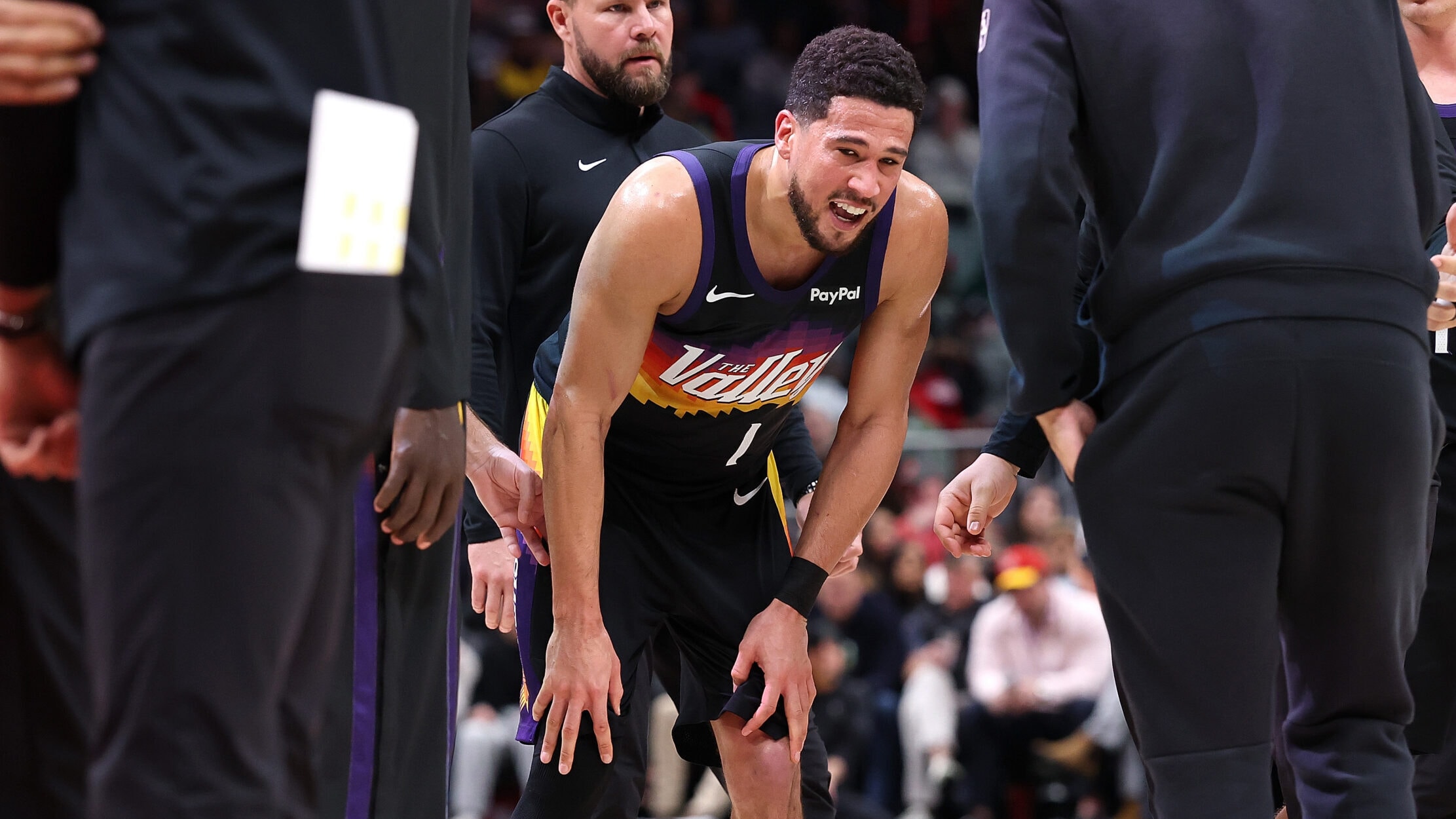
Suns’ Devin Booker exits with ankle injury vs. Hawks
Devin Booker exited in the 3rd quarter after an injury against the Atlanta Hawks on Friday.
ATLANTA (AP) — Phoenix Suns guard Devin Booker injured his right ankle Friday night during a 110-103 loss against Atlanta and limped off the…
Continue Reading
-

SA20: James Coles shines as Sunrisers Eastern Cape make it to 4th successive final
Cape Town [South Africa], January 24 (ANI): The two-time champions Sunrisers Eastern Cape made it to their fourth successive SA20 final, beating Paarl Royals by seven wickets at Newlands on Sunday.
The two-time champions comfortably chased down…
Continue Reading
-
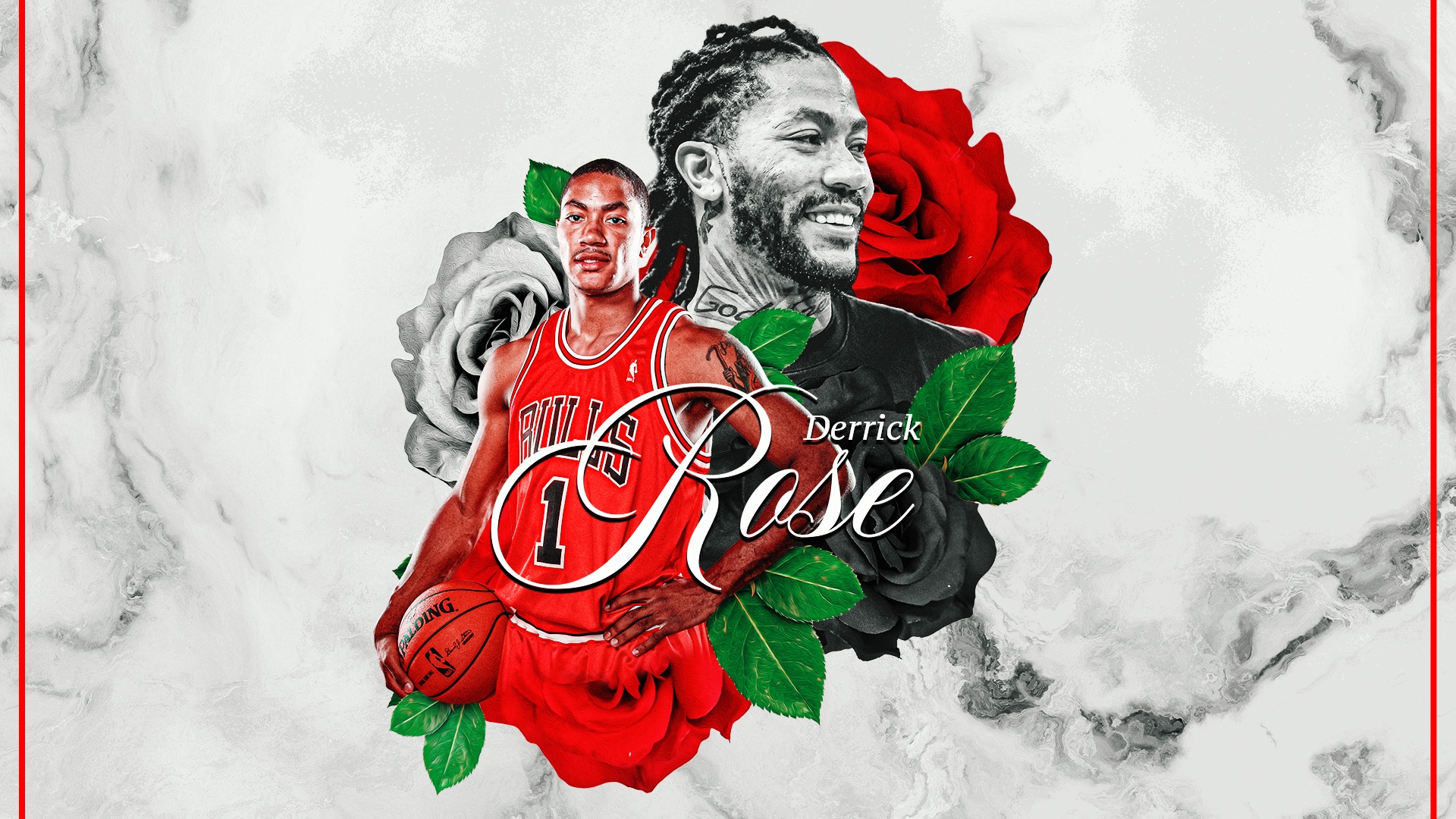
Bulls to honor Derrick Rose with jersey retirement
Chicago will retire Derrick Rose’ No. 1 Bulls jersey on Saturday, January 24 following their matchup with the Celtics.
As a child growing up in Chicago, Derrick Rose witnessed greatness inside the United Center, seeing Michael Jordan and…
Continue Reading
-
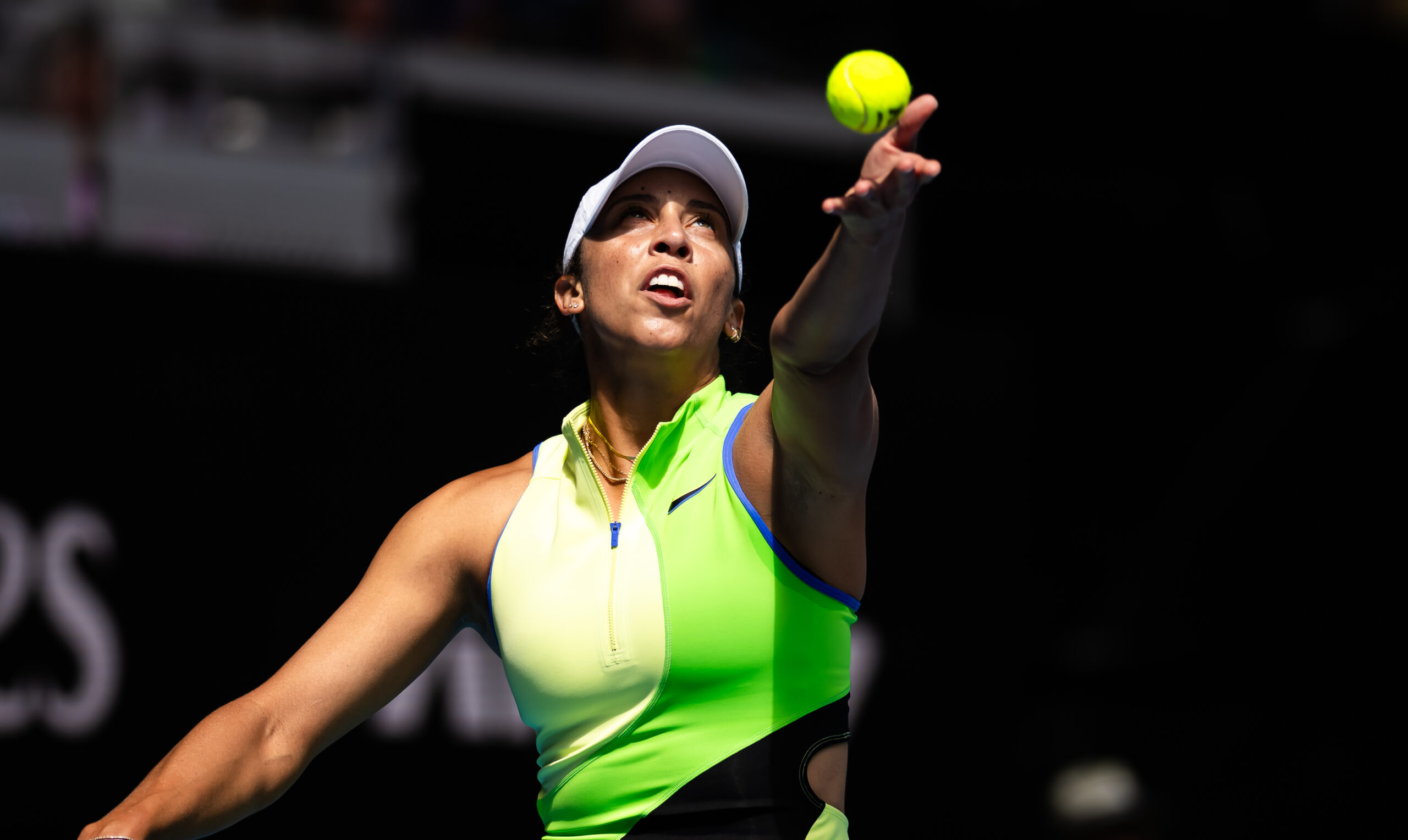
Keys, Pegula set another showdown in Australian Open fourth round
Americans Madison Keys and Jessica Pegula were each straight-set winners at the Australian Open on Saturday, putting the two good friends through to a Round of 16 showdown — and their fourth career head-to-head…
Continue Reading
-
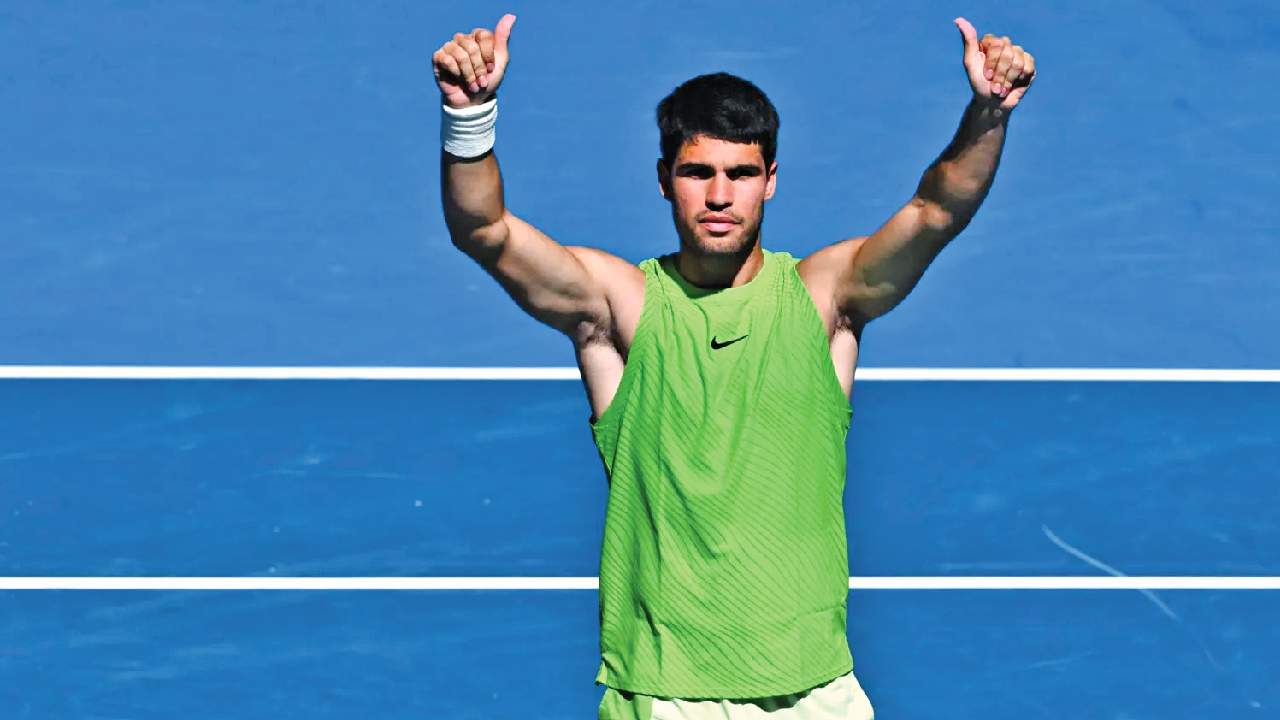
Carlos Alcaraz wins match but loses drop-shot battle at Australian Open
Carlos Alcaraz acknowledged that while he won the third-round match, he lost the battle of the drop shots against Corentin Moutet. That could be a first for the 22-year-old Spaniard, who grew up relentlessly practicing his drop shots and is now…
Continue Reading
-
Indian captain Yadav regains form in big win against NZ – Dawn
- Indian captain Yadav regains form in big win against NZ Dawn
- Kishan makes it happen for himself and for India ESPNcricinfo
- India vs New Zealand, 2nd T20I, New Zealand tour of India, 2026 – Live Cricket Score, Commentary Cricbuzz.com
- India vs New…
Continue Reading
-
Milne ruled out of NZ’s T20 World Cup squad – Dawn
- Milne ruled out of NZ’s T20 World Cup squad Dawn
- Milne ruled out of T20 World Cup, Jamieson called up ESPNcricinfo
- Black Caps dealt blow as pacer ruled out of T20 World Cup ICC
- Adam Milne ruled out of New Zealand’s T20 World Cup squad,…
Continue Reading
-
Babar, Shaheen return as Pakistan name squad for Australia T20Is – Dawn
- Babar, Shaheen return as Pakistan name squad for Australia T20Is Dawn
- Pakistan unveil 16-member squad for T20I series against Australia Pakistan Cricket Board (PCB)
- Afridi, Babar named in Pakistan T20I squad for Australia series ESPNcricinfo
- Big…
Continue Reading